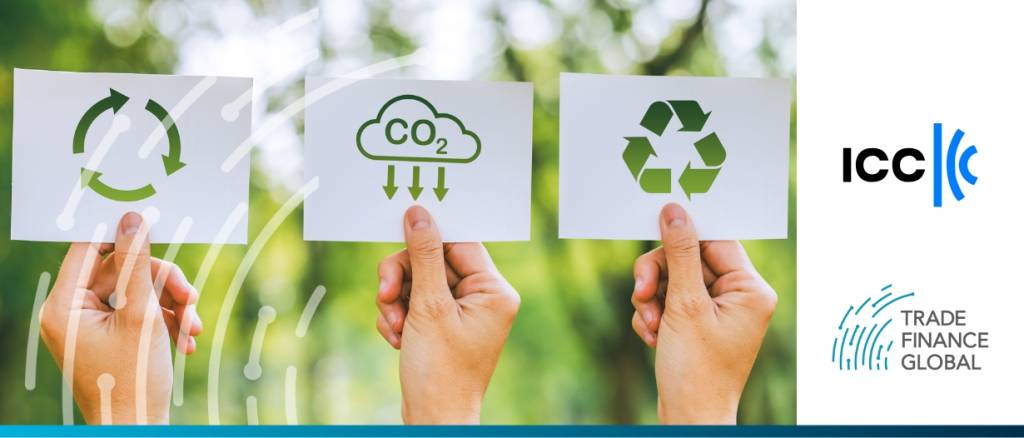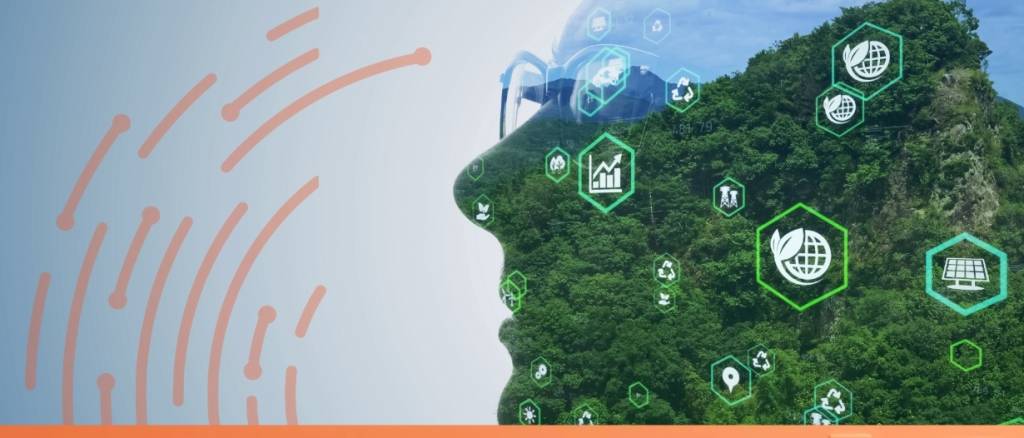Listen to this podcast on Spotify, Apple Podcasts, Podbean, Podtail, ListenNotes, TuneIn Inefficiencies inherent in paper-based trade documentation have long posed obstacles to businesses. However, the enactment of the ETDA in September 2023, designed to address… read more →
The updated Principles for Sustainable Trade offer more actionable guidance for assessing the sustainability of trade transactions. They have been designed to be sector-agnostic, allowing banks and corporates alike to… read more →
Across the board, most industries are rushing to take advantage of digitisation and integrate artificial intelligence (AI) to improve efficiency and drive growth. In comparison, however, the uptake of digital… read more →
The facility will be used to extend credit to businesses across African markets, with a particular focus on small- and medium-sized enterprises (SMEs) involved in regional and international trade, according… read more →
The COVID-19 Pandemic threw a spanner in the workings of the entire global economy. But the African continent, where the financial market ecosystem was fledging, was hit adversely hard. In… read more →
Climate change is no longer an abstract future threat; it is a pressing reality with tangible effects on ecosystems, societies, and economies around the world. Businesses and financial institutions must build climate resilience in response to increasingly threatening climate challenges.
In 2024, the year of dramatic elections, tectonic shifts in governing power, and heightened tensions worldwide, Sibos attendees are keeping their eyes squarely on the road ahead. This year’s theme,… read more →
The ICC Principles for Sustainable Trade Finance (PSTF), developed in collaboration with Boston Consulting Group and leading financial institutions, addresses a crucial gap in the market: the challenge of applying… read more →
The energy transition is more than just a buzzword; it represents a fundamental shift in how the world generates and consumes energy.
With the trace:original solution, companies can replace paper documents with electronic original documents which are equally legally compliant. The patents enable the creation of freely transferable electronic documents under the… read more →
























